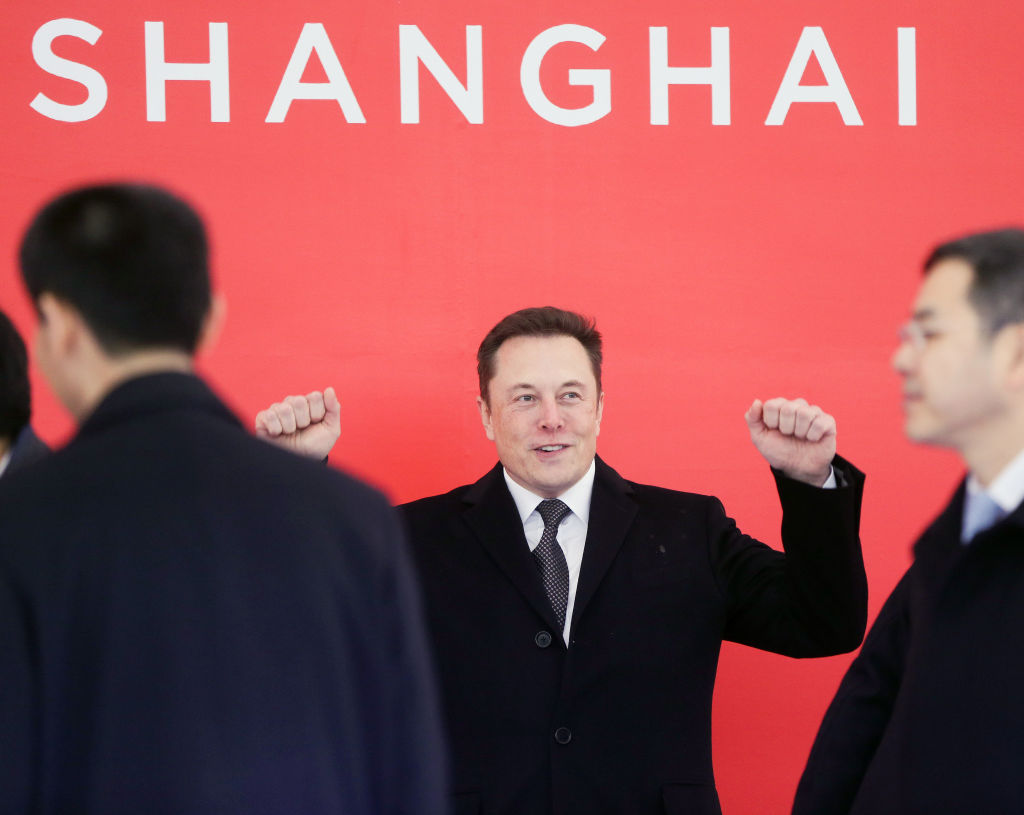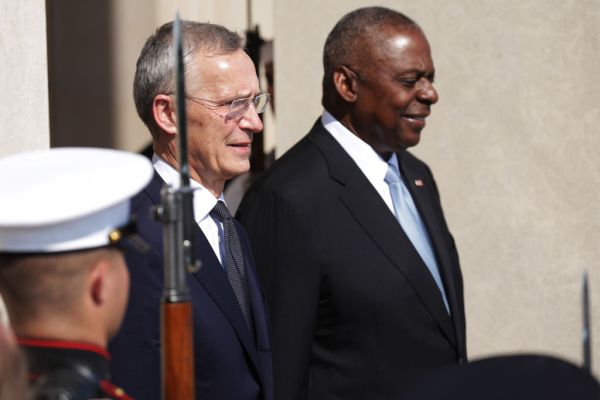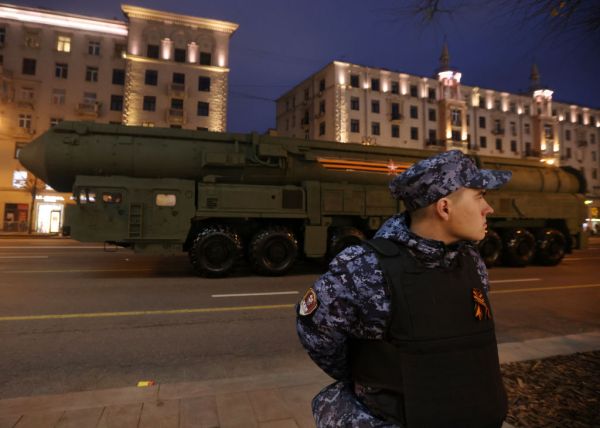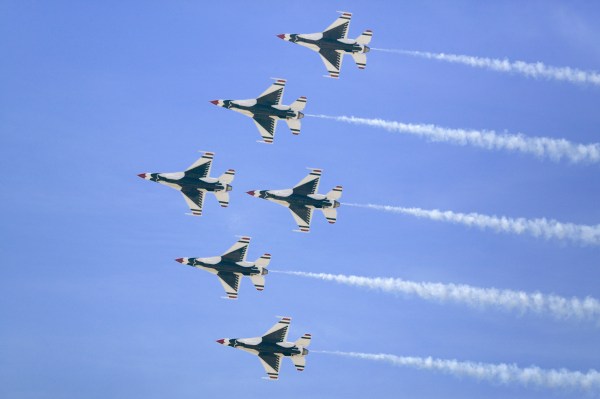Twitter’s April 4 decision to label National Public Radio and the Public Broadcasting Service as “state-affiliated media” was met with wide criticism in the West—especially since Twitter’s definition of “state-affiliated media” specifically noted NPR was not such an outlet. But its warm reception by Chinese government-affiliated Twitter accounts only underscored the fact that the man running one of the largest social media companies in America has a vested interest in remaining on good terms with the country’s biggest geopolitical foe.
A few days after the NPR and PBS flap, Twitter CEO Elon Musk announced that another of his companies, Tesla, would be opening a second factory in China. The country is the second largest market for Musk’s electric-car company, which produces nearly half its cars there. Tesla also works with a Chinese Communist Party-affiliated battery producer, has $1.6 billion in loans from Chinese banks, and leased the land it uses for factories from the Chinese government. It also accepted a $1.8 billion investment from Chinese tech company Tencent, which owns a 5 percent stake in Tesla and which earlier this year had the Chinese government take “special management shares” in the company to ensure greater control over the company.
In a country in which there is no such thing as true private industry, the Chinese government has plenty of opportunities to apply pressure to Tesla and Musk himself. It is little surprise, then, that Musk is full of praise for the communist dictatorship. In the past, he has said that the country “rocks,” suggested that the Chinese government should control Taiwan, and written for the official magazine of the Chinese agency that censors the internet in China.
Just before purchasing Twitter, Musk walked back his past free speech absolutist rhetoric to say his definition of free speech is whatever is allowed or forbidden by a nation’s law. “I am against censorship that goes far beyond the law,” he said in one tweet on April 26, 2022. The comments came a week after the Chinese government allowed Tesla to reopen its Shanghai factory following the government’s zero-COVID policy. When asked how Twitter can support citizens of authoritarian regimes such as China in a Twitter Spaces event in December, Musk doubled down on the idea that the law defines free speech.
Musk’s ties to China caused concerns when he announced his plans to purchase Twitter in April 2022. Those concerns grew after Musk took over and more than 30 Chinese dissidents were found to have been shadowbanned on the platform, with some even being suspended with no explanation. Twitter insiders told the New York Times that the bans were caused by mistakes in the company’s algorithm brought on by Musk’s mass layoffs of Twitter’s oversight team.
Meanwhile, Musk has refrained from criticizing the Chinese Communist Party’s full-on censorship of its press and social media. He has even reportedly tried to benefit from the censorship, with Tesla asking the Chinese government to censor anti-Tesla social media posts after an alleged car accident caused by brake failure.
News of Tesla’s new factory was widely shared by Chinese state-affiliated media Twitter accounts, many of which also shared news of NPR and PBS being labeled “state-affiliated.” Both played into the narrative China wants to present to its citizens and the world, giving the authoritarian regime two major propaganda points in the span of a week.
“Of course NPR is US state-affiliated media. It’s funded by the US government, all its reporting advances the information interests of the US government, and its CEO’s last job was running overt propaganda organs of the US government,” read one post retweeted by Chinese state-affiliated media figure Li Jingjing.
“Elon Musk is now listing NPR as US state affiliated media. Good😂” read a tweet from state-affiliated China Daily EU Bureau Chief Chen Weihua.
Such behavior is the norm in China’s propaganda war against the United States.
“They know that if they can quote Americans, in this case, to criticize America, then that’s more compelling than a Chinese official criticizing America,” Patrick Cronin, the Asia-Pacific security chair at the Hudson Institute, told The Dispatch. “So they are frequent abusers of this kind of exploitation.”
There is no true free press in China, with even foreign journalists trying to report from China facing harassment. Domestic journalists and outlets face such treatment, at best. At worst, the outlets are arms of the ruling Chinese Community Party. State-affiliated outlets in China are subject to the editorial oversight of the Chinese government. Outlets such as NPR and PBS, meanwhile, receive some federal funding—1 percent and 15 percent according to the two outlets respectively—but have no government editorial oversight akin to what Chinese outlets experience.
“Anybody who is serious about information news in the media, anybody who understands the difference between a democratic media outlet and an authoritarian one, knows that this kind of designation is demeaning and, and factually incorrect,” said Cronin.
Twitter eventually relented and removed the tag from both NPR and PBS, labeling them “government funded media” instead. The Dispatch reached out to Twitter for comment and received the standard press auto-response instituted by Musk of a poop emoji.
“Federal direct funding makes it outrageous to call NPR even a ‘government-funded media outlet,’” said Cronin. “Because not only does that equate that with state funded media and state owned media in the case of China and Russia’s mother states, but it also calls into question whether Elon Musk is a ‘government-funded businessman’ because he takes some government grants and contracts as a result of his businesses. And if that’s the case, then maybe he needs to start labeling himself.”









Please note that we at The Dispatch hold ourselves, our work, and our commenters to a higher standard than other places on the internet. We welcome comments that foster genuine debate or discussion—including comments critical of us or our work—but responses that include ad hominem attacks on fellow Dispatch members or are intended to stoke fear and anger may be moderated.